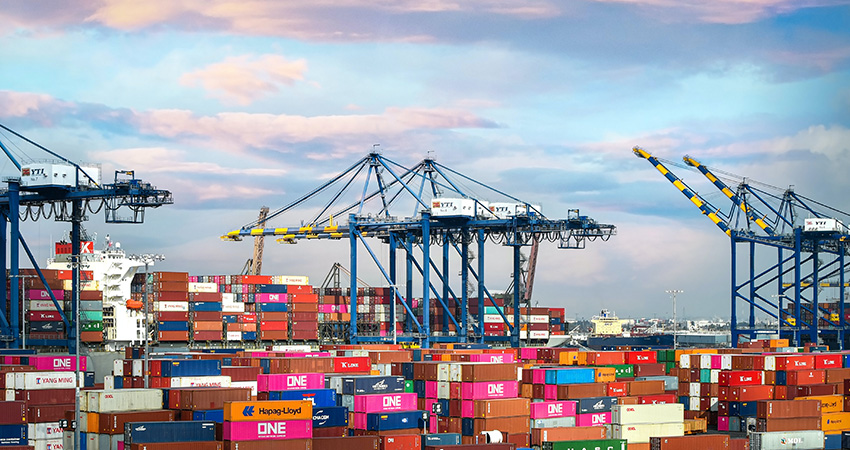West coast ports from Los Angeles to Seattle faced slowdowns on Monday, a continuation of job actions by dockworkers that began Thursday, leaving goods stranded and flows disrupted, as the union and the port owners continue to wrangle over renewing a contract that expired in July.
While there is never a good time for a port work stoppage, inbound ocean freight volumes have been lighter, and the May Logistics Managers Index of supply chain activity has reached an all-time low for the third straight month. Also, many shippers are delaying overseas orders for the fourth quarter until the fall, to stock holiday inventories.
Still, the labor issues and work stoppages are causing headaches for shippers. The National Retail Federation is calling on the Biden administration to intervene in stalled talks between the Pacific Maritime Association (PMA), representing 29 port operators and carriers, and the International Longshore and Warehouse Union (ILWU), which represents 22,000 dockworkers.
“As we enter the peak shipping season for the holidays, these additional disruptions will force retailers and other important shipping partners to continue to shift cargo away from the West Coast ports until a new labor contract is established,” said NRF’s SVP of Government Relations David French in a statement. “It is imperative that the parties return to the negotiating table. We urge the administration to mediate to ensure the parties quickly finalize a new contract without additional disruptions.”
In its own statement, the PMA said the ILWU work actions are forcing retailers to shift more cargo away from the west coast to ports on the east and gulf coasts, a trend which had already been accelerating. It cited a study that said 96,000 jobs are dependent on the ports of Los Angeles and Long Beach alone.
“Cargo diversion eliminates quality jobs far beyond the docks, including truck drivers, warehouse workers, and thousands of others whose livelihoods depend on ongoing operations at the port,” the PMA said. “ILWU job actions drive business and jobs away to other parts of the country, and further erode confidence in West Coast ports. Too much is at stake for this harmful disruption to continue.”
The last time a west coast shutdown threatened was in 2014 and 2015, when nine months of tense negotiations and shipping disruption ended with a federally mediated contract settlement in February 2015.
Similar to the line taken by the Teamsters with UPS, with the contract expiring July 31, the ILWU cites record profits earned by port operators and carriers during the pandemic as volumes surged, in arguing for better compensation.
Fred Miesch, a lead consultant in the supply chain practice for Argon & Co., said many clients shifted volume away from the west coast during the pandemic due to extreme congestion issues, and have maintained this diversification into 2023.
“They’ve been reluctant to shift back, even as port congestion eased and trans-Pacific rates dropped significantly in February 2023,” Miesch said. “This is due to the ongoing contract negotiations, which are likely resulting in the sporadic work stoppages at some port terminals.”
Miesche expected importers Argon works with to maintain their current port mix until a west coast deal is reached “to avoid disaster in the event that labor talks completely break down.”

